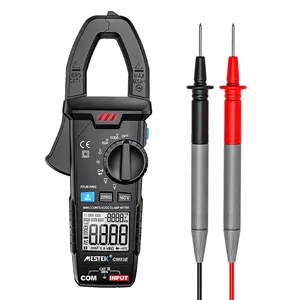Introduction to Export Meters
Export meters are essential tools in the realm of international trade and shipping. These advanced measuring devices calculate the quantity of goods being shipped across borders, ensuring compliance with trade regulations and accurate billing. They play a crucial role in various industries, including logistics, agriculture, manufacturing, and chemicals. Understanding their functionality and the various types available can significantly streamline your export operations.
Types of Export Meters
Export meters come in various types, each designed to cater to specific measurement needs within export processes. Here are some of the most common types:
- Analog Export Meters: Traditional, mechanical meters that provide a visual reading through dials or gauges.
- Digital Export Meters: State-of-the-art devices that deliver precise measurements with digital displays, often featuring automated data recording.
- Mass Flow Meters: Specialized for measuring the mass of liquids or gases during transport, ensuring accurate billing based on weight.
- Volumetric Meters: Used primarily to measure the volume of liquids being exported, providing a straightforward method for calculating quantity.
Applications of Export Meters
The applications of export meters extend across numerous sectors, facilitating enhanced accuracy in trade. Key applications include:
- Logistics and Shipping: Monitoring the volume and weight of shipped goods helps companies adhere to weight limits and prevent excess charges.
- Agricultural Exports: Accurate measurement of produce like grains or liquids, ensuring compliance with international agricultural trade standards.
- Petrochemical Industry: Effective monitoring of oil and gas shipments, maximizing pipeline efficiency and safety.
- Food and Beverage Sector: Ensuring accurate measurement of ingredients for export, thus maintaining product quality and compliance with health regulations.
Features and Advantages of Export Meters
Export meters are equipped with features that set them apart, providing businesses with significant advantages:
- High Accuracy: With the ability to minimize measurement errors, export meters ensure compliance and prevent financial discrepancies.
- Durability: Most export meters are designed with robust materials that withstand harsh environmental conditions often encountered during transit.
- Ease of Use: User-friendly interfaces make digital meters accessible for all operators, minimizing training time and errors in readings.
- Data Management: Many modern export meters come with connectivity options to integrate with software systems, simplifying inventory management and reporting.
- Regulatory Compliance: Export meters help ensure adherence to international trade regulations by providing reliable measurement data.








